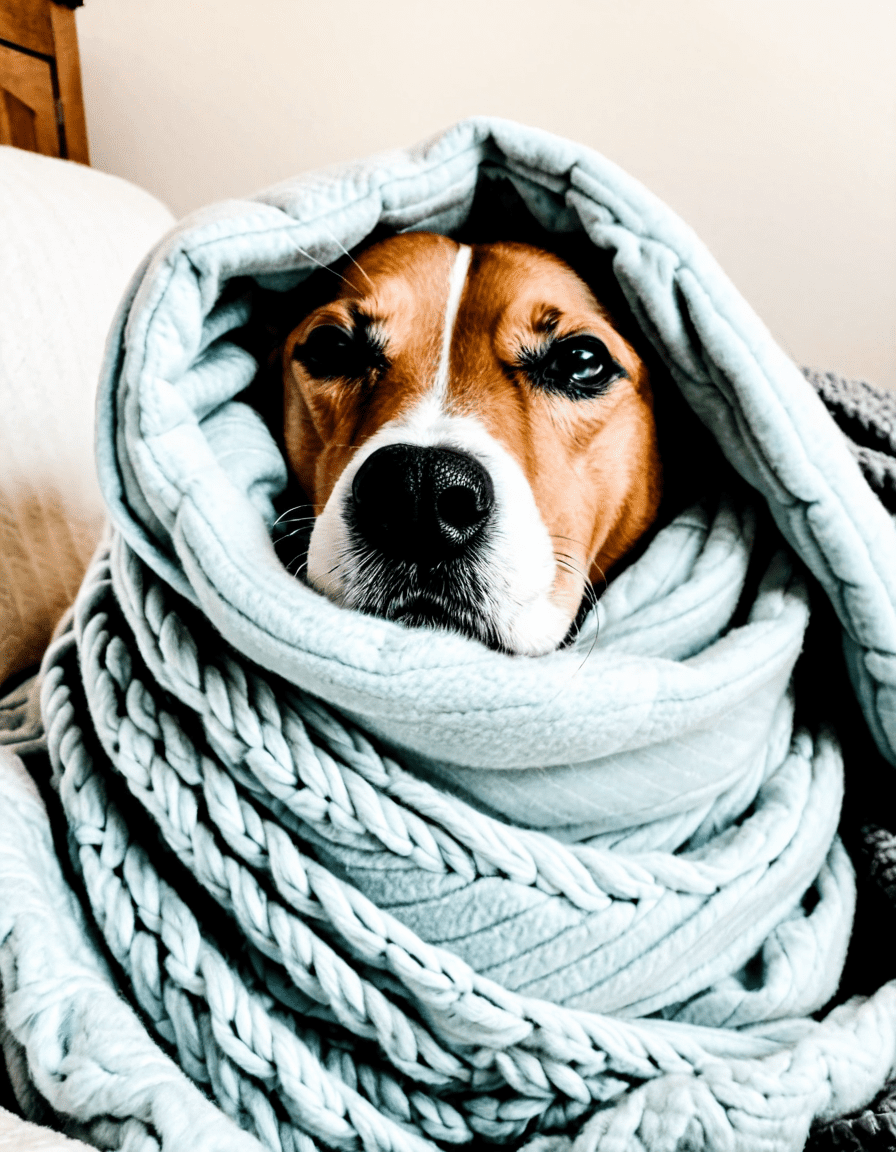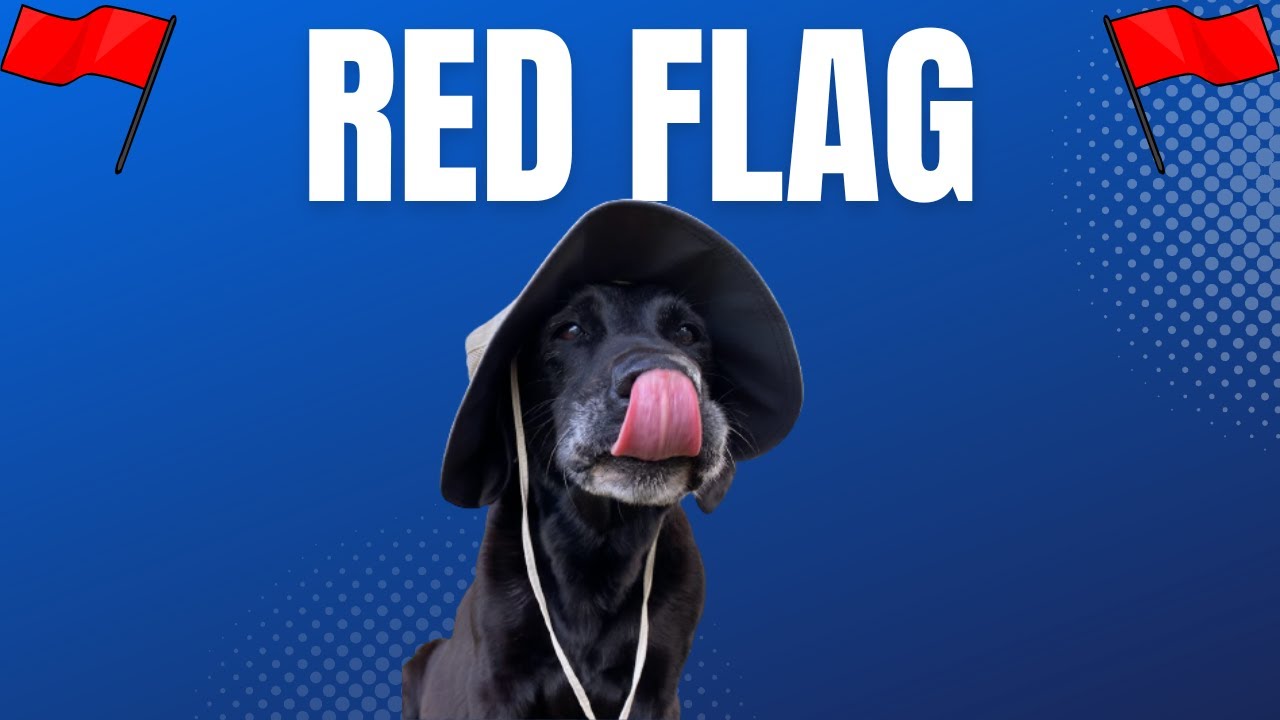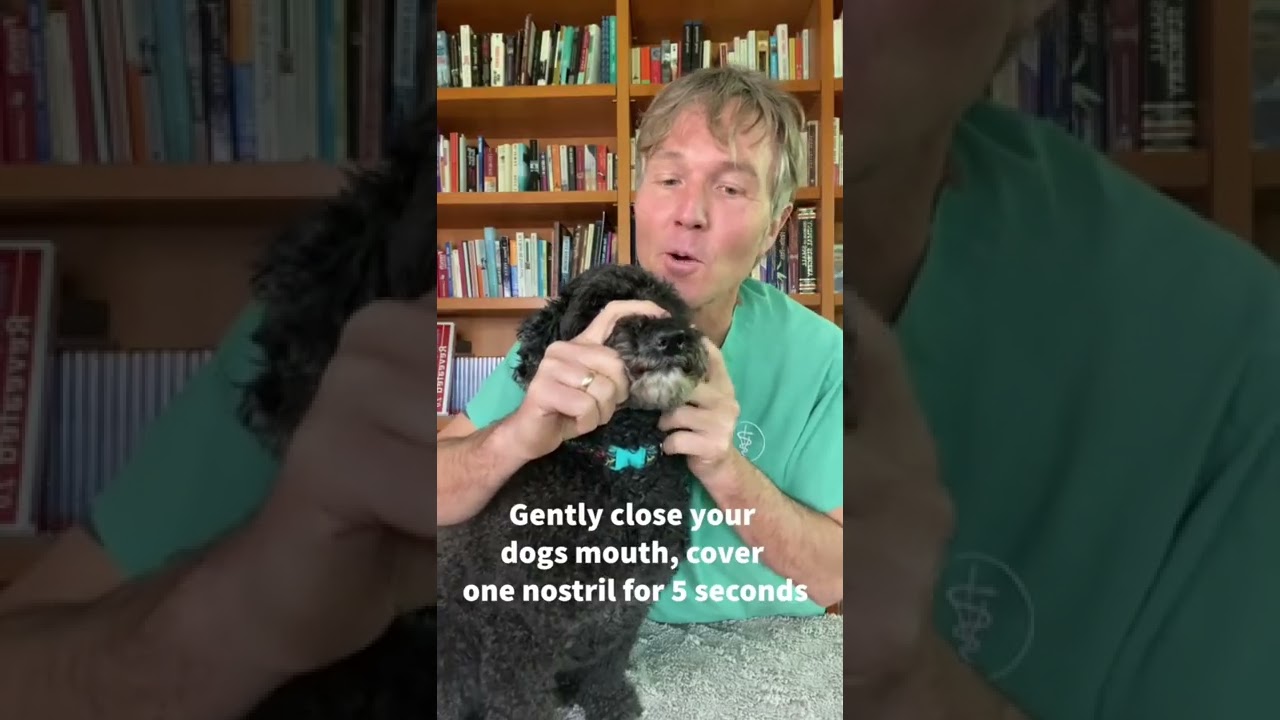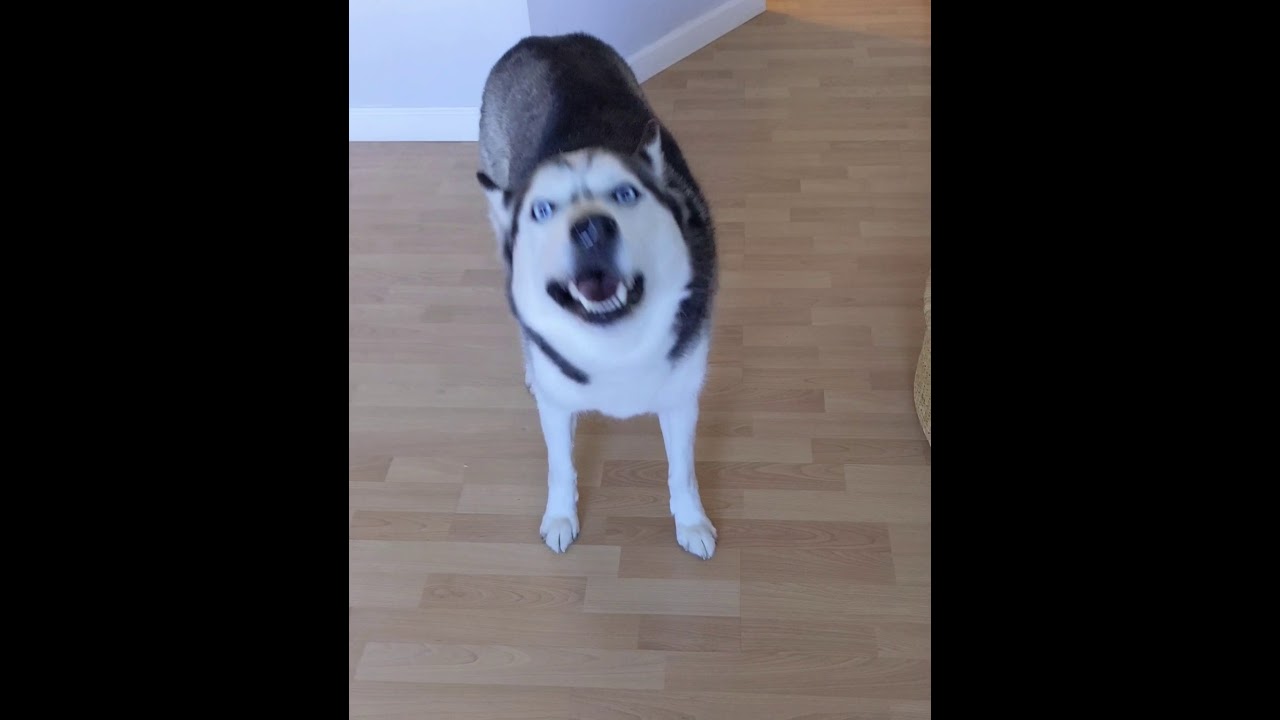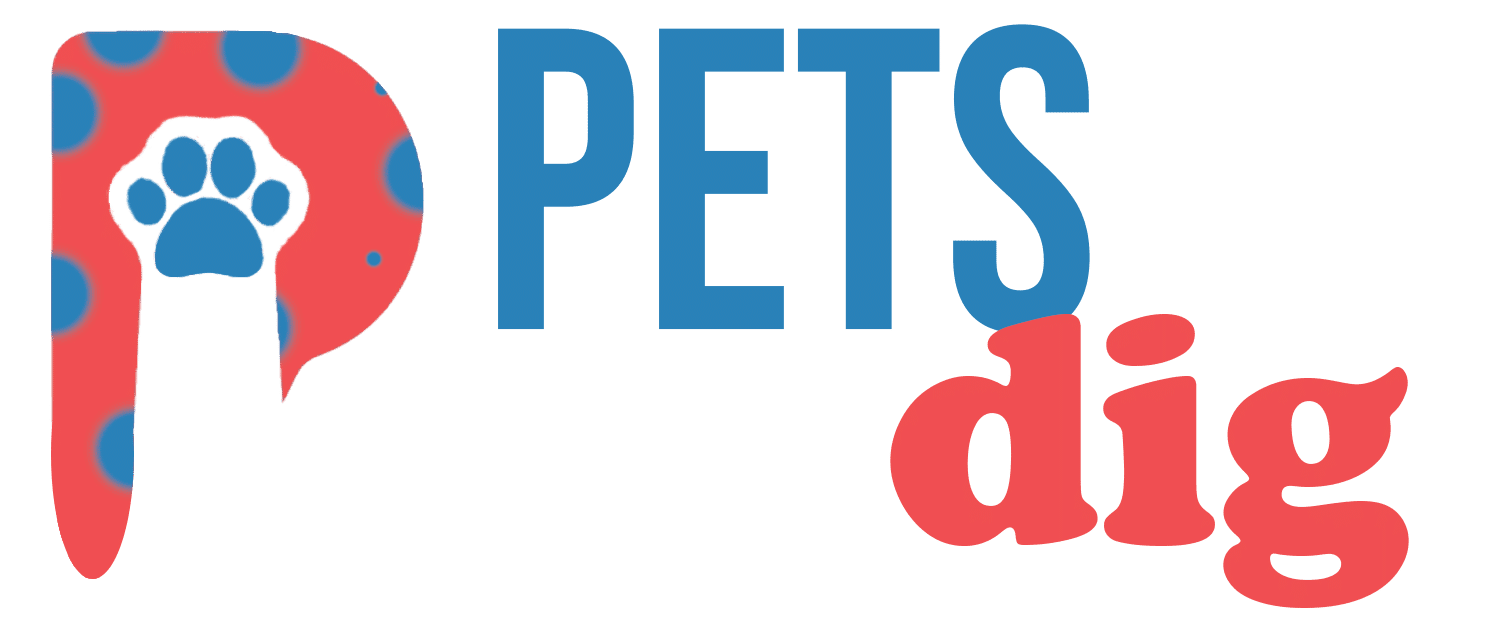It’s concerning when your dog won’t stop sneezing. While an occasional sneeze is usually nothing to worry about, persistent sneezing can signal potential problems. From environmental irritants to allergies, understanding why your pup has become a habitual sneezer is essential. This guide will cover everything you need to know about your dog’s sneezing, including practical insights to get to the bottom of the issue.
Understanding Why Your Dog Won’t Stop Sneezing
Dogs sneeze for a range of reasons, some minor and some indicating deeper health issues. An isolated sneeze is often harmless, but when your dog won’t stop sneezing, consider it a red flag. Common culprits include environmental irritants, allergies, and sometimes underlying health conditions. Breeds such as Bulldogs and Retrievers may suffer more during pollen-heavy seasons, so it’s essential to monitor your dog’s reactions accordingly.
By noticing the frequency of the sneezing and any accompanying symptoms, you can better assess your dog’s health. For example, if your dog has started sneezing consistently since you brought home new cleaning products or furniture, the cause could be environmental. Watching for signs such as lethargy or excessive scratching will give you insight into the severity of the situation.
When your dog won’t stop sneezing, take note of the context. Have there been any changes in their environment? Are there any sudden weather changes that coincide with the sneezing fits? These observations can help you pinpoint the cause and decide on the next steps for their health.
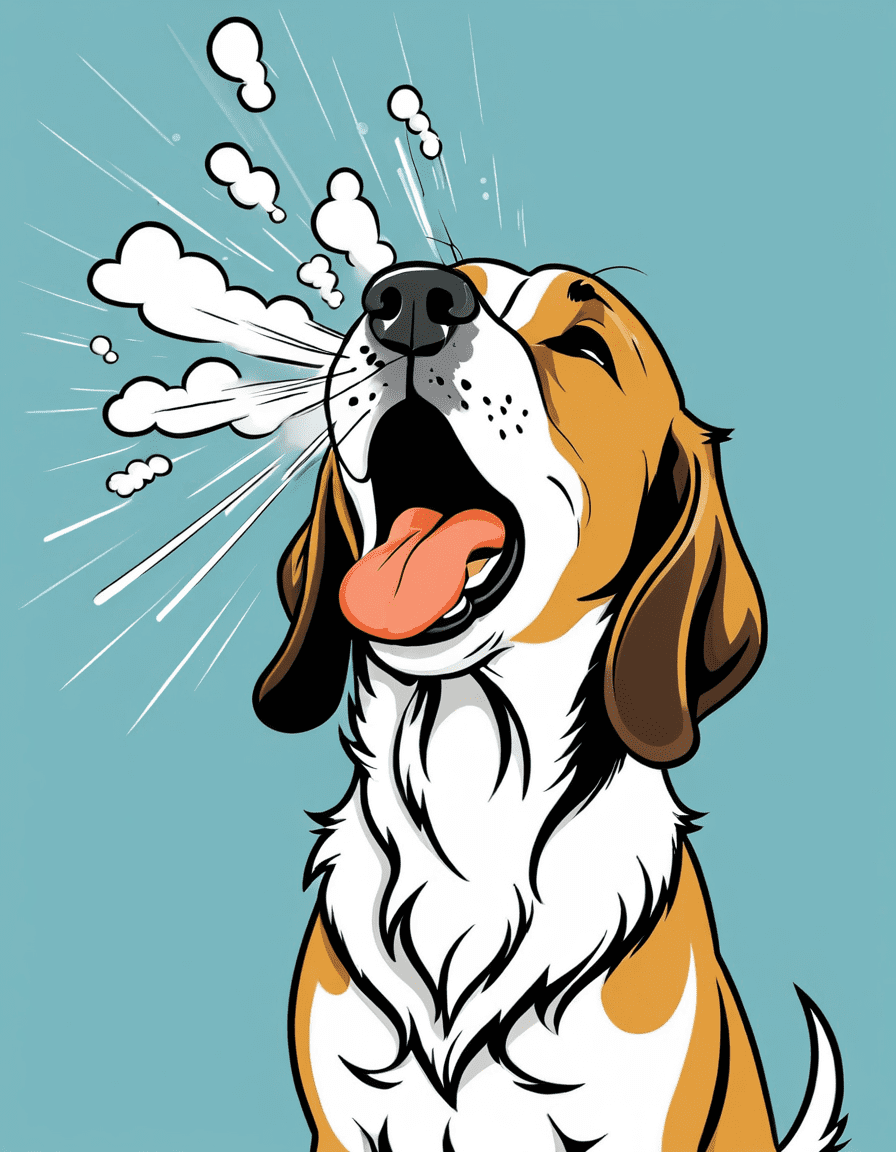
Top 5 Reasons Your Dog Won’t Stop Sneezing
When to Worry: Red Flags for Your Sneezing Dog
Knowing when to be concerned about your dog’s sneezing is crucial. Persistent sneezing, especially when it’s accompanied by symptoms such as lethargy, loss of appetite, or if your dog hasn’t pooped in 2 days, can indicate a more serious problem. Watch for any signs that your dog is feeling unwell alongside the sneezing; this can guide you in determining if a vet visit is needed.
If you notice mucus discharge alongside the sneezing or if the sneezing becomes more frequent, don’t hesitate to reach out to your veterinarian. Conditions like sinus infections may require medication or treatment. Remember that it’s always better to be proactive about your dog’s health.
See if your dog displays behavioral changes related to their sneezing. If your ordinarily active pup suddenly becomes a couch potato, that could be a cue that they’re experiencing discomfort. Regular check-ins on their overall well-being can reveal insights that aren’t always apparent on the surface.
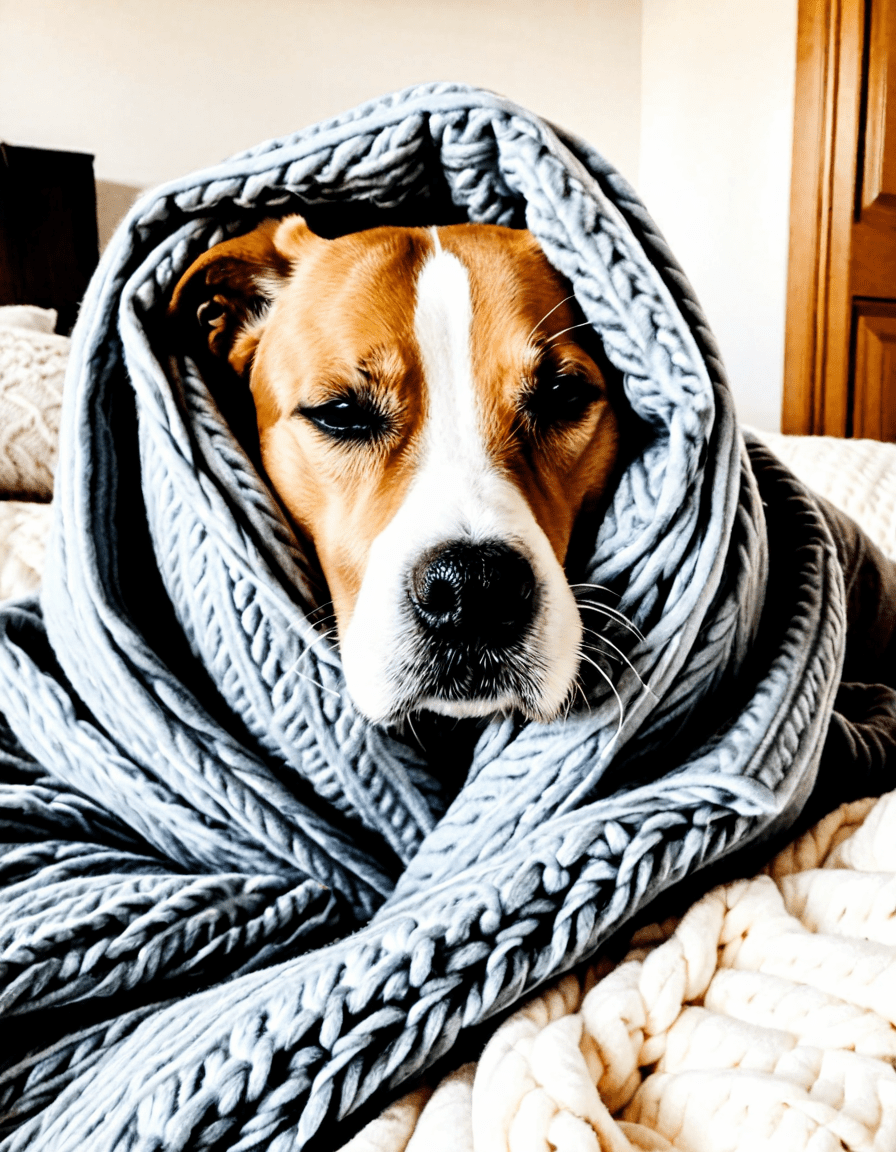
Addressing Related Behavioral Issues: Dogs That Won’t Stop Barking or Whining
You might find yourself in the bind of a dog that won’t stop barking or whining, and this behavior can sometimes link back to excessive sneezing. Environmental stressors contributing to both sneezing and vocalization can create a cycle of anxiety that can be tough to break. Is your dog reacting with barking to the same irritants causing them to sneeze or maybe even feeling anxious due to a new arrival in the household?
Understanding the dynamics of these behaviors can help you create a comprehensive care plan. For instance, consider separating your dog from stimulating or stressful environments where sneezing and barking seem to escalate. Familiarizing them with calming sounds or providing a safe space might also help ease their anxiety.
It’s essential to create a stable environment for your pup. Changing their surroundings often alleviates both sneezing and excessive barking, allowing them to feel secure. Be consistent with your approach and observe if these strategies make a difference.
What if My Cat Won’t Stop Meowing?
Similarly, if your cat won’t stop meowing, even after food and play, you should assess their environment for stressors. Cats can also express discomfort or anxiety through vocalization, mirroring issues seen in dogs. Think about any major changes in your home, such as a new pet or renovations that might have triggered this behavior.
Both dogs and cats respond to their surroundings, often reflecting discomfort through sneezing, barking, or meowing. By addressing the potential stressors, you can help your feline and canine companions find peace. Ensure their environment is enriched and that they feel secure to reduce unnecessary vocalizations.
Consistent routines and love can significantly benefit both your dog’s and cat’s emotional well-being. Each pet is unique, and understanding how they express stress can lead to a happier home for everyone.
The Importance of Regular Vet Check-Ups
Regular veterinary appointments are key for maintaining your dog’s and cat’s health, especially when they display unusual behavior like persistent sneezing. These check-ups allow for early detection of potential health problems. Simple vaccinations against respiratory infections, such as kennel cough, play an essential role in prevention.
During vet visits, always discuss any behavioral changes you’ve observed, including the sneezing and barking issues. Comprehensive examinations can uncover underlying health concerns you may not have noticed, and your vet will be able to recommend preventive care accordingly.
Encouraging routine visits helps you stay proactive in your pet’s overall health journey. Establishing a relationship with a trusted veterinarian can help ensure you react appropriately to any changes in your pet’s health.
A Final Perspective on Your Dog’s Health
If your dog won’t stop sneezing but doesn’t display other concerning symptoms, consider making adjustments in their environment. Eliminating potential irritants can go a long way in providing relief during pollen-heavy months. However, if sneezing comes along with behaviors like frequent barking or shows signs of discomfort, adopting a holistic approach to treatment is key.
Open communication with your veterinarian can pave the way for a healthier, happier pet—one that sneezes less and enjoys all their favorite activities to the fullest. By staying informed and proactive, you can help ensure your dog’s sneezing fits don’t derail their overall happiness.
Remember: addressing these issues is just a part of your journey as a pet owner. Embrace the unique challenges of each pet in your life and relish the rewarding moments spent together. Your dog deserves a sneeze-free, joyful life!
Dog Won’t Stop Sneezing: Fun Trivia and Interesting Facts
Understanding Sneezing in Dogs
Having a dog that won’t stop sneezing can raise a few eyebrows and a lot of questions. Did you know that dog sneezes serve a purpose beyond just clearing irritants from their nose? Just like how some folks might think playful goats have a funny way of showing their lack of upper teeth, dogs often sneeze to communicate! You might spot a playful pooch sneeze when they’re feeling joyful or want to engage. It’s their way of saying, “Let’s have some fun!” Understanding this behavior helps owners navigate their dog’s playful antics while keeping an eye out for any signs of distress.
Allergens and More
Now, let’s dive into the nitty-gritty—if your dog won’t stop sneezing, it could be due to allergies, just like how certain scents can trigger a person’s allergies. For instance, common allergens like pollen or dust mites might tickle their noses! Just as a black Shar pei might seem like an unusual choice as a pet, dogs can have their own quirks related to environmental factors. Many owners overlook that sneezing could signal something minor or indicate that their furry friend has sniffed out something a little unsettling.
More to Explore
While you’re figuring out the cause behind your dog’s sneezing fit, don’t forget that dogs can also develop different health concerns, much like how Pedro Pascal’s love life often keeps fans guessing. True to the nature of pet parenting, keeping an eye on their health is key. Curious about how different breeds might sneeze differently? A silky terrier Vs Yorkshire terrier can show variations in behaviors and sensitivities that might just surprise you! Remember, if the sneezing persists, a vet visit could be your best option—just like choosing the right Ihop breakfast menu item; sometimes you need a little expert insight!
